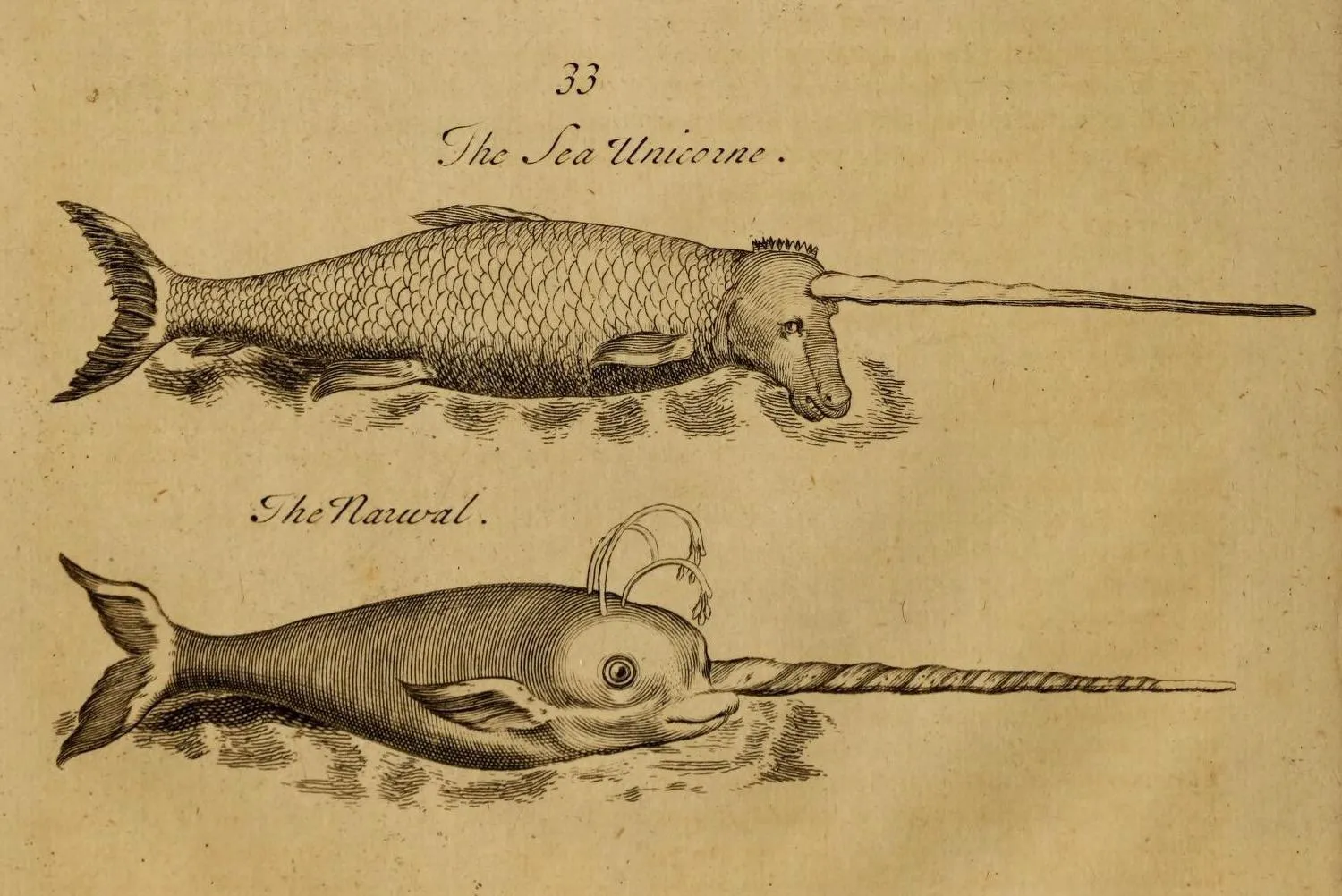Positing or Predicating? Existence after Kant

You just admired pictures of the sea unicorn and the narwal. Clearly, only the latter exists while the former does not. But what exactly do we mean when we say something does or does not “exist”? What do we say when we say, for instance, that the narwal “exists”? Kant famously argued that we do not predicate a property of narwals, for then – implausibly on his view – it would be possible to demonstrate God’s existence by purely a priori means. But if existence is not a property, what then is it? The AHRC and DFG funded research project "Existence after Kant" investigates answers to this question as they were developed in 19th century appropriations of Kant.In doing so, the project goes beyond the widely shared but myopic perspective that sees in Kant a precursor of the analytic standard view of existence as a second-order predicate (Russell, Quine, and followers). By exploring the neglected history of 19th century responses to Kant’s view of existence, the research project therefore aims at closing an important gap in the literature, to provide a better understanding of the Kantian paradigm change, and to gain new insights into the nature of existence.
In particular, the project investigates three distinct strategies of fleshing out Kant’s opposition to treating existence as a predicate of objects: A) Act-based approaches draw attention to a mental or linguistic act: positing. According to this interpretation championed by Johann Friedrich Herbart, judgements of existence don’t predicate, they evaluate postings, where positing is a mental act. An important task of the theory of existence is then to say what positing is and how it informs our conception of existence. By contrast, proponents of B) higher-order approaches argue that statements of existence are not about represented objects, but about the representations. While this line of argument will indeed turn out to inform the influential accounts of Russell and Quine, it was already prominently articulated by 19th century, for instance by Bernard Bolzano and Gottlob Frege. Thirdly, there is C) the family of epistemic approaches that follows Kant’s hint that something exists if it is given as a possible object of experience. This approach was central to the work of Jacob Friedrich Fries and his followers (e.g. Ernst Friedrich Apelt) and it also played an important role in Bernhard Pünjer’s reply to Frege. Finally, the project also takes an interest in D) the German idealist opposition to Kant, as articulated, for instance, by G.W.F. Hegel.
Research Interests within the Project:
Dolf Rami currently mainly works on the roots and history of analytic philosophy in 19th century German philosophy. Within the research project Existence after Kant, he is especially interested in a reconstruction of the conceptions of existence and being of Kant, Herbart, E. Reinhold, W. Schuppe and Frege against the basis of their original historical backgrounds. He is also interested in Lotze’s conception of existence as an alternative to a Meinongian view on the nonexistent.
Dolf Rami beschäftigt sich derzeit vor allem mit den Wurzeln und der Geschichte der analytischen Philosophie in der deutschen Philosophie des 19. Jahrhunderts. Im Rahmen des Forschungsprojekts Existenz nach Kant geht es ihm insbesondere um eine Rekonstruktion der Existenz- und Seins-Auffassungen von Kant, Herbart, E. Reinhold, W. Schuppe und Frege vor dem Hintergrund ihres ursprünglichen historischen Kontexts. Er interessiert sich auch für Lotzes Existenz-Auffassung als Alternative zu einer Meinong'schen Sicht auf das Nichtexistente.
Mark Textor has worked on existence and judgement in the phenomenological tradition, especially Brentano, in which the notion of positing (thetic judgement) as a mental act is central. Positing is supposed to enable us to make contact with what there is and to break out of the circle of thought. This sounds rather magical. He is interested to find out how the magic is supposed to work and will mine the work of Kant, Herbart, Lotze and Riehl for answers.
Mark Textor hat sich mit dem Begriff der Anerkennung (Setzung) in der phänomenologischen Tradition, insbesondere Brentano, beschaeftigt. Wenn man etwas setzt, soll man aus dem Reich des Denkens und der Begriffe hinaustreten und zu dem, was wirklich ist, fortschreiten. Zur Beantwortung der Frage, wie und ob das moeglich ist, werde ich mich mit Kant, Herbart, Lotze und Riehl beschaeftigen.
Leonard Weiss works on metaphysics in the German idealist tradition (Hegel and Schelling in particular). Within the research project Existence after Kant, he is especially interested in how authors such as Herbart or Lotze relate the question of how we think about being to ontological claims about the structure of mind-independent reality. He is also interested in parallels and differences between these authors and German idealists like Fichte and Hegel.
Leonard Weiß forscht zur Geschichte der Metaphysik im deutschen Idealismus, (insbesondere Hegel und Schelling). Im Rahmen des Forschungsprojekts Existence after Kant interessiert er sich insbesondere dafür, auf welche Weise Autoren wie Herbart oder Lotze die Frage, wie wir das Sein begrifflich fassen mit ontologischen Thesen über die von unserem Denken unabhängige Realität in Bezug setzen. Dabei interessiert er sich auch für Parallelen und Unterschiede zwischen diesen Autoren und den Denkern des deutschen Idealismus, wie z.B. Fichte und Hegel.
Our Partners

Institut für Philosophie I. Ruhr-Universität Bochum
Principal Investigators
Investigators
Affiliations
Funding
Funding Body: Arts and Humanities Research Council and Deutsche Forschungsgemeinschaft
Amount: £352140
Period: February 2024 - January 2027



